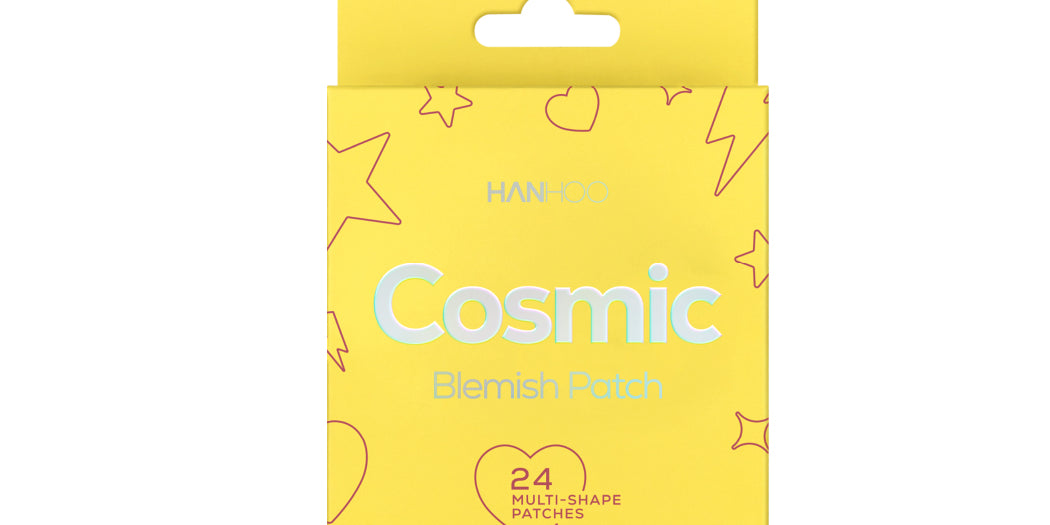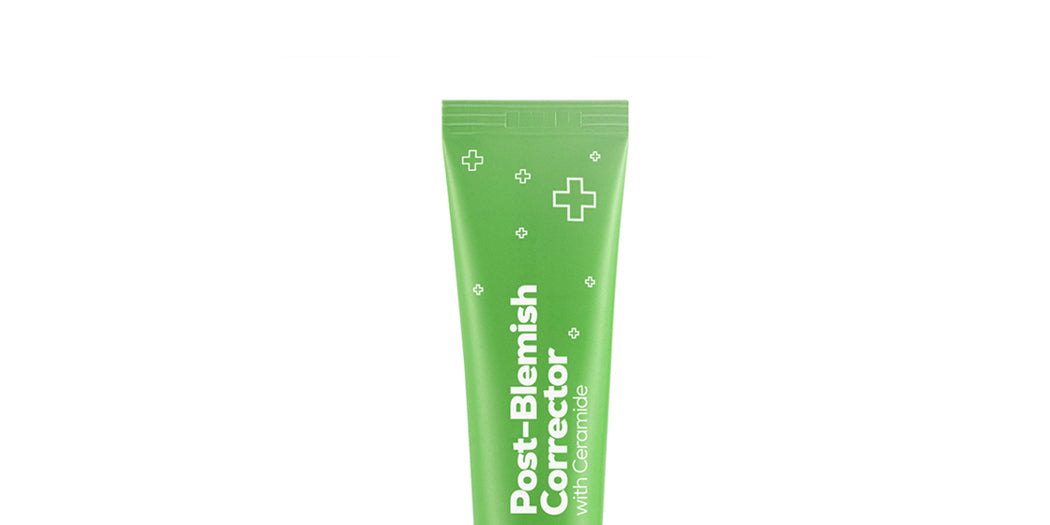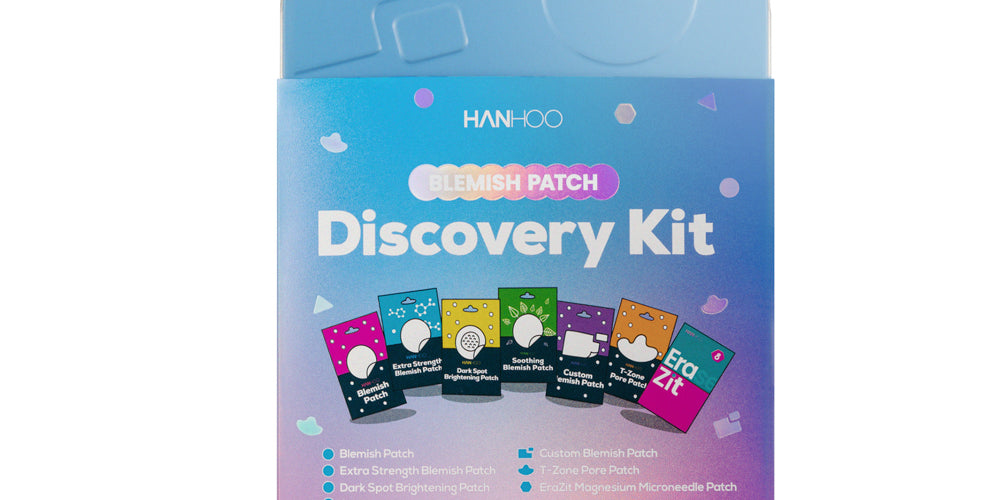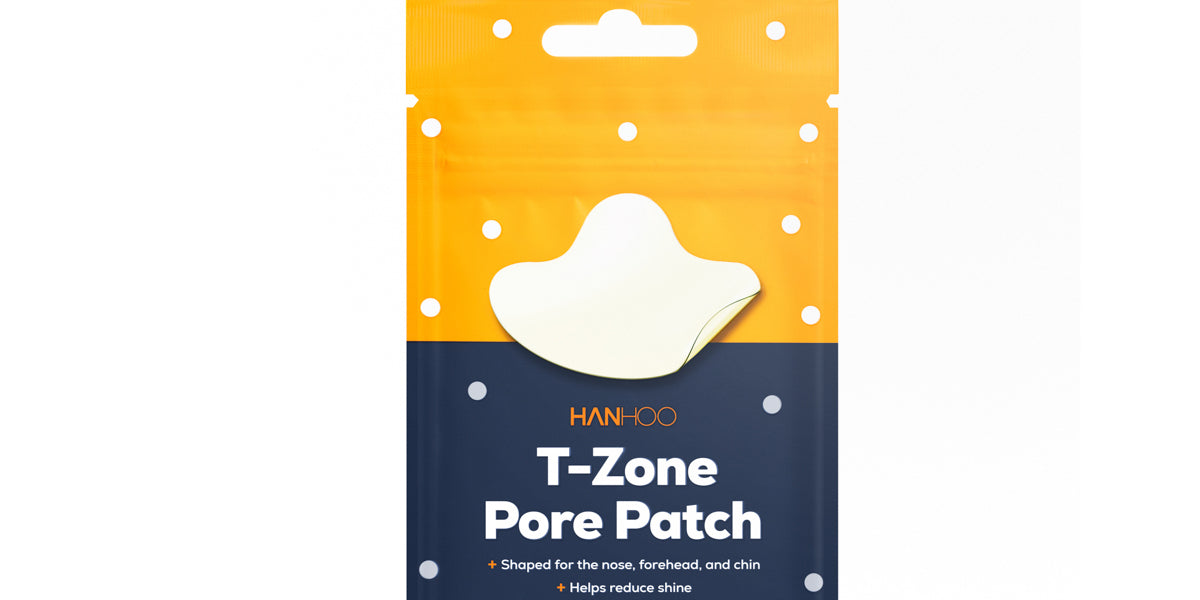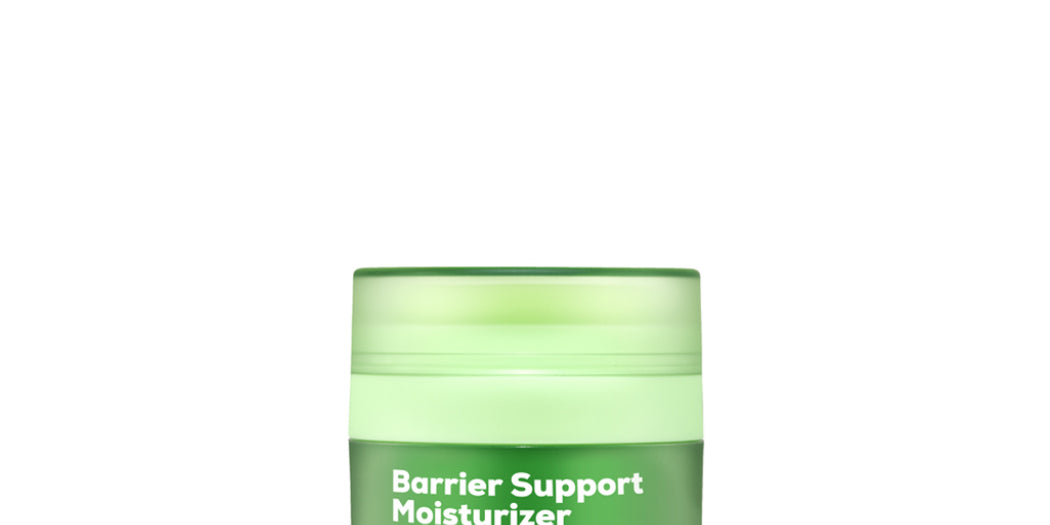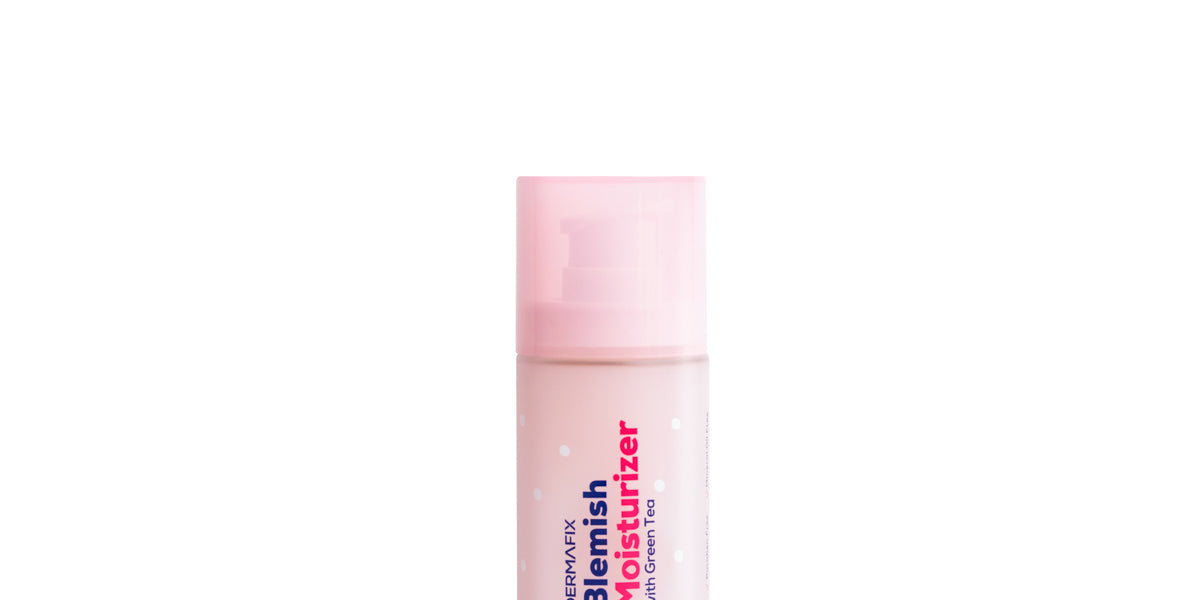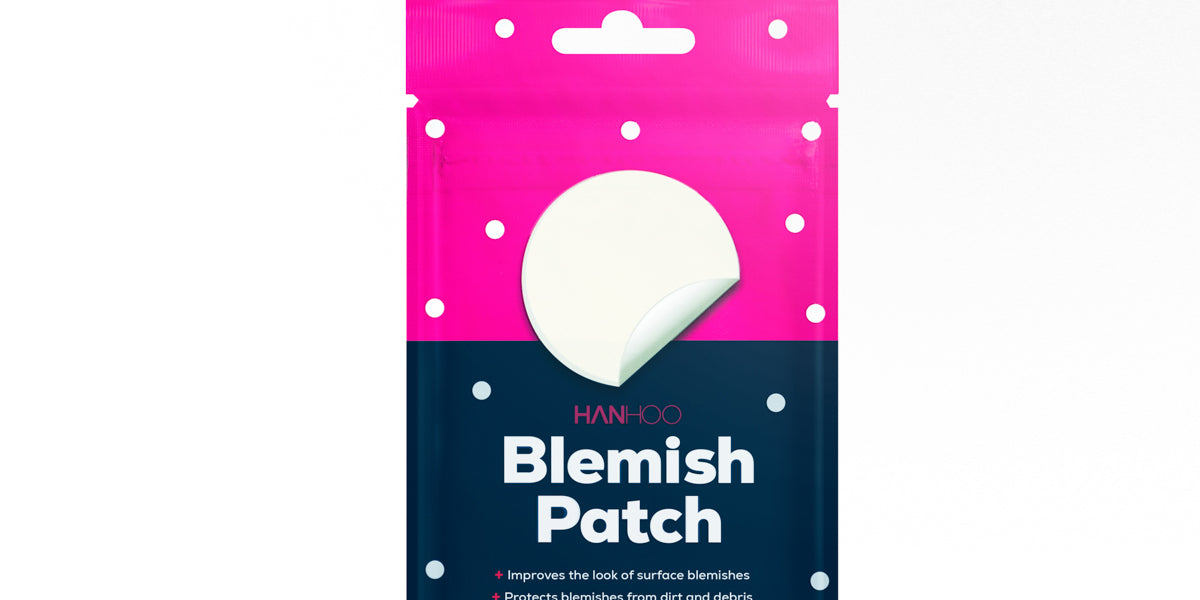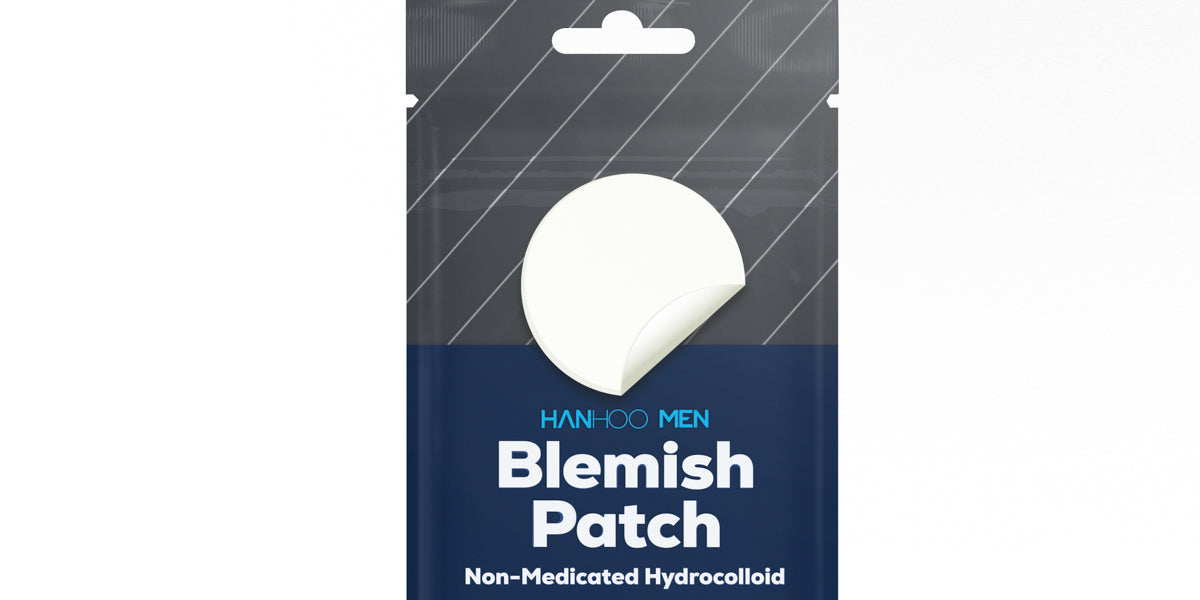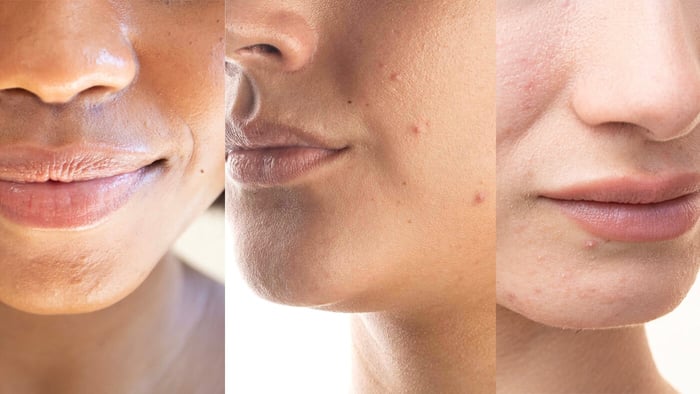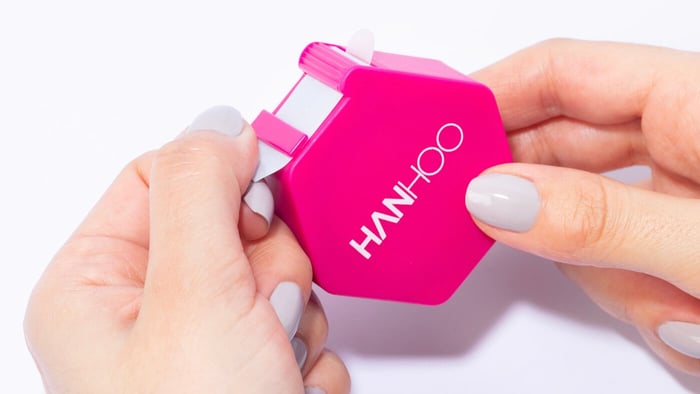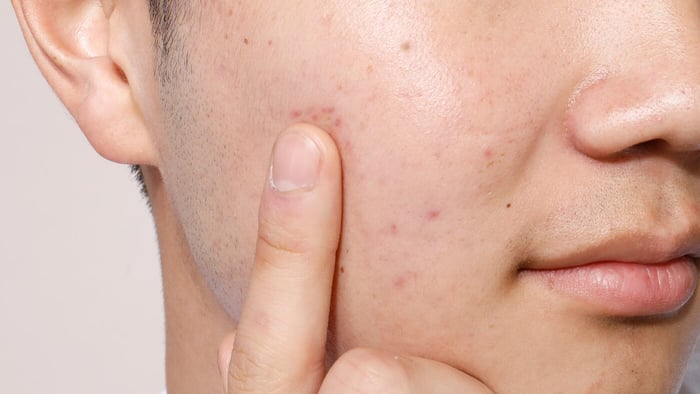Figuring out what your skin type is is essential to building the best skincare routine for you. Depending on your skin type, there may be some skincare ingredients you should avoid to prevent aggravating your skin.
Among the skin types you might have are: dry, oily, combination, normal, and/or sensitive. Once you figure out your skin type, you can better understand what skincare products you should be reaching for. For instance, for dry skin types, you don’t want to use skincare products that can dry out your skin, whereas oily skin types can benefit from products that help draw out excess oil from the skin.
Dry Skin
Dry skin types typically have skin that can become flaky and cracked, and may feel a little tight. Since dry skin can crack, the skin becomes exposed to external bacteria that can harm the skin. For this reason, it is important that dry skin types seek out hydrating ingredients in skincare products to keep the skin barrier intact and healthy.
Given that dry skin can compromise the skin barrier, you’ll want to look for humectants like Hyaluronic Acid, Aloe, and Glycerin as they help draw water to the skin and help retain moisture. Ceramides also alleviate dryness as they help prevent moisture loss.
Oily Skin
Oily skin is characterized by oily, shiny skin, especially on the forehead, nose, and chin area (the t-zone). If you have oily skin, you also probably have enlarged pores, as oil, dirt, and makeup become trapped in pores, stretching them out.
Salicylic Acid is great for oily skin types as it gets deep into pores to draw out excess oil and dead skin cells that clog pores. However, keep in mind that Salicylic Acid may be irritating if you also have sensitive skin. Niacinamide has also shown to reduce and balance sebum production, which can help regulate oil production in oily skin types.
But remember, just because your skin is oily doesn’t mean you can skip out on moisturizer. If your skin becomes too dry from lack of moisture, then your skin may respond by producing even more oil.
Combination Skin
You can tell if you have combination skin if you have areas of your face that are oilier and areas that may be normal or a bit dry. Typically, for combination skin, the t-zone is oilier than the rest of the face.
If you have the type of combination skin in which you have an oily t-zone with dry patches on the cheeks or other areas of the face, then you’ll have to treat these areas differently. If you aren’t sensitive to Salicylic Acid, then you can use that on the oiler parts of your face while avoiding the dry parts to avoid irritation. To keep the dry (and also oily) parts of your face hydrated, use Hyaluronic Acid as it helps hydrate without adding any shininess to the skin.
Normal Skin
Normal skin types are usually pretty balanced; it doesn’t feel too dry nor is it really oily. If your skin is generally normal, then you don’t usually deal with too many breakouts, excessive oil production, or dry patches. But, that doesn't mean you shouldn’t pay close attention to the products you use on your skin.
Even though you may have normal skin, you can still experience some dryness or oiliness here and there that can be triggered by changes in weather, like experiencing dryness during colder months. During the colder months, you’ll want to use a moisturizer that helps keep your skin hydrated and holds moisture in the skin.
Sensitive Skin
If you have sensitive skin then you may have noticed that your skin is more reactive to such skincare ingredients like AHAs, Retinols, Alcohol, and Fragrances. When sensitive skin comes in contact with these kinds of ingredients you may experience burning, itching, and redness. And on a general note, when a skincare product makes your skin burn that does NOT mean it's working.
If you have sensitive skin and deal with irritation, look for products that have calming, soothing ingredients like Oatmeal and Aloe. Regardless of skin type, it is always important to keep your skin hydrated, so make sure to use hydrating ingredients.
If you want to try out an exfoliant, there are alternatives to the more popular, but potentially irritating AHAs and BHAs. Lactic Acid and Mandelic Acid are among the more gentle AHAs that are better for sensitive skin, compared to Salicylic Acid. But always make sure to patch test to see if your skin can tolerate it.
Tips for all skin types
Although you should always try to choose skincare products based on your skin type, there are some products that benefit all skin types, like SPF. SPF is important for all skin types to use because regardless of your skin type we all need protection from harmful UV rays. Additionally, all skin types should make sure to keep skin hydrated to help keep the skin barrier protected.
Consider also adding ingredients like Zinc and Vitamin C (but in lower concentrations for dry and sensitive skin) to help protect against free radicals from toxins and pollution.

What if I don’t know what skin type I have?
If you aren’t quite sure what your skin type is, you can find out by washing your face and letting it dry without adding any products and see how your skin feels after a while. If your skin feels dry and tight after washing, then you probably have dry skin. If it becomes oily, without the addition of any products, then you have oily skin, and so on. If you’ve tried out Retinols or AHAs and have had a bad reaction, then you most likely have sensitive skin.
Once you find out your skin type, you can look for ingredients and products that help balance out your skin whether you need a little extra hydration or you want to minimize oiliness and shine.
*This information is based on research, consult your dermatologist for professional advice

